The NJ minimum wage law was recently signed, with the first increase for most businesses being July 1, 2019, at $10.00 per hour. In January 2020, minimum wage will go up to $11.00 per hour. Each year will keep going up a $1.00 until January 2024, where minimum wage will be $15.00. There will be a caveat for seasonal works and for those with businesses less than 6 employees, as there will be an increase, but it will be more gradual. The first increase for those businesses will be January 1, 2020 when the minimum wage will increase to $10.30. It will increase by eighty cents per hour every January and by 2025 will be $14.30 per hour. Another increase of seventy cents per hour will bring the minimum for these businesses to $15.00 by January 2026. Farm laborers are also on a different schedule, and they will hit $12.50 per hour by 2024. The law also creates a lower minimum wage for the first 120 hours employees involved in “training program” work. You see these types of programs to people on welfare, dislocated workers, unemployed workers, etc. Their minimum wage starting 2020 will be 90% of the regular minimum wage. Additionally, it allows up to $10 million in tax credits annually for businesses that hire workers with disabilities.
This will have a significant impact on NJ employers, as there are nearly 100,000 workers that make minimum wage in the state. Other states have similar proposals, such as PA. Governor Wolf outlined a week ago in his budget plan that he wants to increase the state minimum to $12.00 an hour on July 1, 2019, with annual increases that would bring the minimum to $15.00 per hour by 2025.






